Grant Recipient Impact Statement

Foundation of the ASNR Grant Program Recipient – Evan Calabrese
Grant Recipient Year: 2022
Prospective Evaluation of Automated Pre- and Postoperative Tumor Segmentation for Patients with Glioblastoma
The primary goal of our study is to develop and evaluate a state-of-the-art automated pre- and postoperative glioblastoma volumetric segmentation algorithm at a high-volume brain tumor center. The significance of this study is that it will provide a new tool for automated, objective assessment of progression and/or treatment response in patients with glioblastoma. This tool will be useful for clinical decision support, for standardized response assessment in research studies including clinical trials, and for the development of commercial products to facilitate widespread deployment. This Foundation of the American Society of Neuroradiology grant has been instrumental in jumpstarting my research career as a junior academic neuroradiology faculty member. With this award I have been able to secure essential dedicated research time and personnel support to help achieve my early career research goals. All FASNR donors should know that these awards make a difference and help build successful radiology research careers.
Evan Calabrese, MD, PhD
Duke University
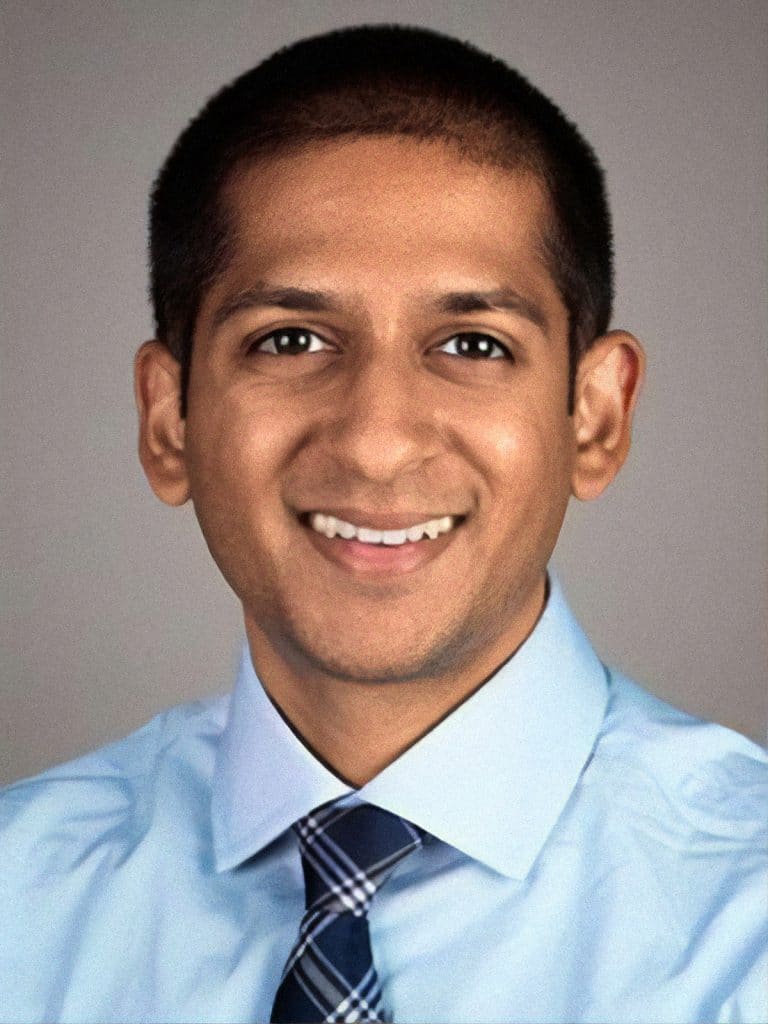
Neuroradiology Research Grant in Artificial Intelligence – Vishal Patel
Grant Recipient Year: 2019
The new…Award has helped to develop computational models to predict tumor grade and genetic characteristics based on noninvasive imaging and demographic data alone, a result which may ultimately allow for safer and more efficient decision-making in the diagnosis and treatment of brain tumors…The Foundation of the ASNR, by establishing this award, has made it possible for radiologists to participate in the resource-intensive exploration of this new frontier of machine learning and neuroimaging.
Vishal Patel, MD, PhD
Keck School of Medicine of USC
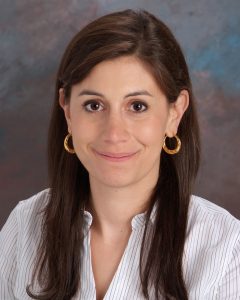
Comparative Effectiveness Research Award – Lea Alhilali, MD
Grant Recipient Year: 2019
Evaluation of a Single Bolus, Multi-Echo Dynamic Susceptibility Contrast Protocol in Patients with Glioblastoma
It is appropriate that it is called the Foundation of the ASNR because the Comparative Effective Grant has helped build so many foundations: a foundation for better imaging methods in glioblastoma, a foundation for my own research career, and through all its grants, a foundation for the future generation of researchers in neuroradiology.
Lea Alhilali, MD
Barrow Neurological Institute
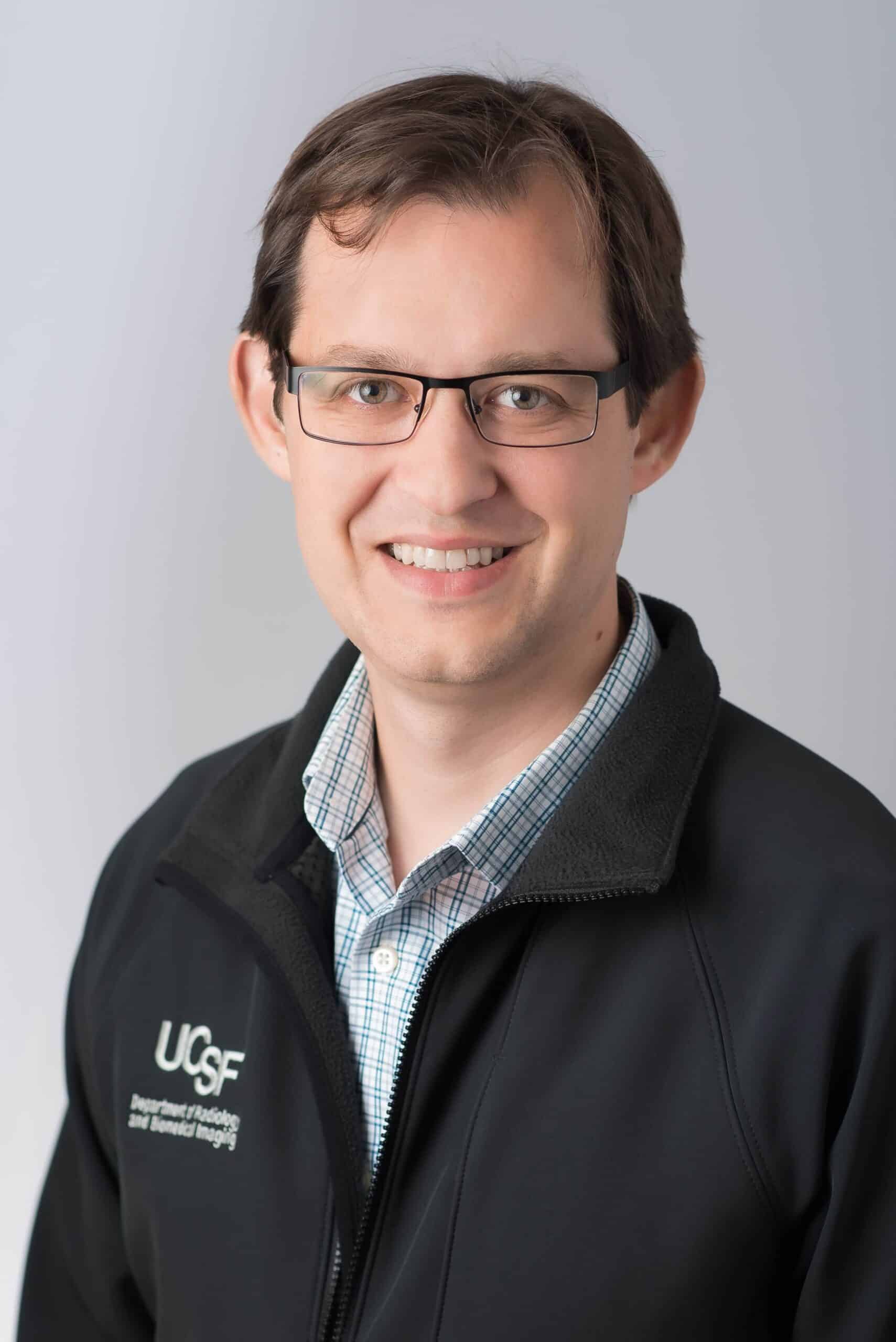
Trainee Research Award in Neuroradiology – Andreas Rauschecker
Grant Recipient Year: 2019
Human-Interpretable AI-Based Quantitative Metrics for X-Linked ALD
This award has enabled me to do research aimed at improving the quality of care in patients with X-linked adrenoleukodystrophy during a busy fellowship year. This grant and the related work have helped launch my academic neuroradiology career and strengthened important collaborations with multiple clinical departments. By supporting trainees’ research, the Foundation is enabling future generations of radiologists to improve the practice of neuroradiology … Thank you to the Foundation!
Andreas Rauschecker, MD, PhD
University of California, San Francisco
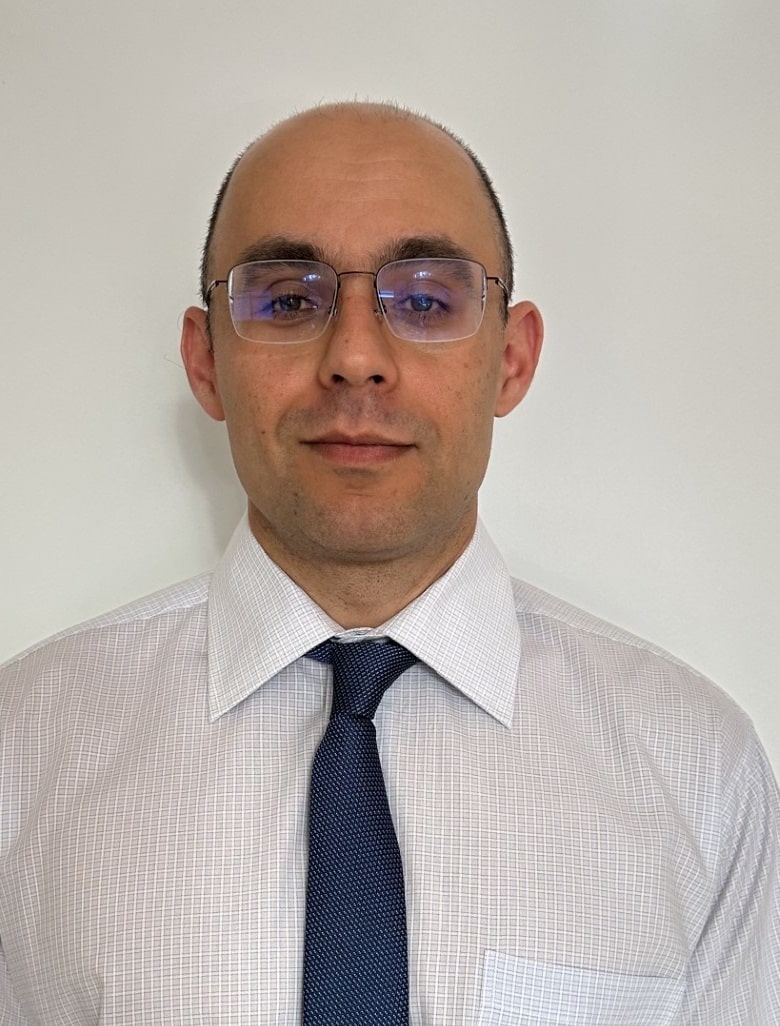
Scholar Award in Neuroradiology Research – Pejman Maralani
Grant Recipient Year: 2019
I would like to thank the ASNR Foundation for providing me the opportunity to work towards my academic aspirations. The ASNR Scholar Award allows me to lay the foundation for large, impactful projects that will hopefully one day help patients with glioblastoma. I cannot thank you enough for your support and generosity.
Pejman Maralani, MD, FRCPC
Sunnybrook Research Institute
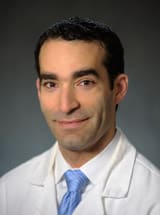
Boerger Research Fund for Alzheimer’s Disease and Neurocognitive Disorders – Ilya Nasrallah
Grant Recipient Year: 2019
Evaluation of [F18]NOS as a Novel PET Radiotracer for Neuroinflammation in Alzheimer’s Disease
The Foundation award is important to allow investigators to pursue novel, exploratory projects for new avenues of research. These opportunities may provide stepping-stones to open new career directions.
Ilya Nasrallah, MD, PhD
University of Pennsylvania
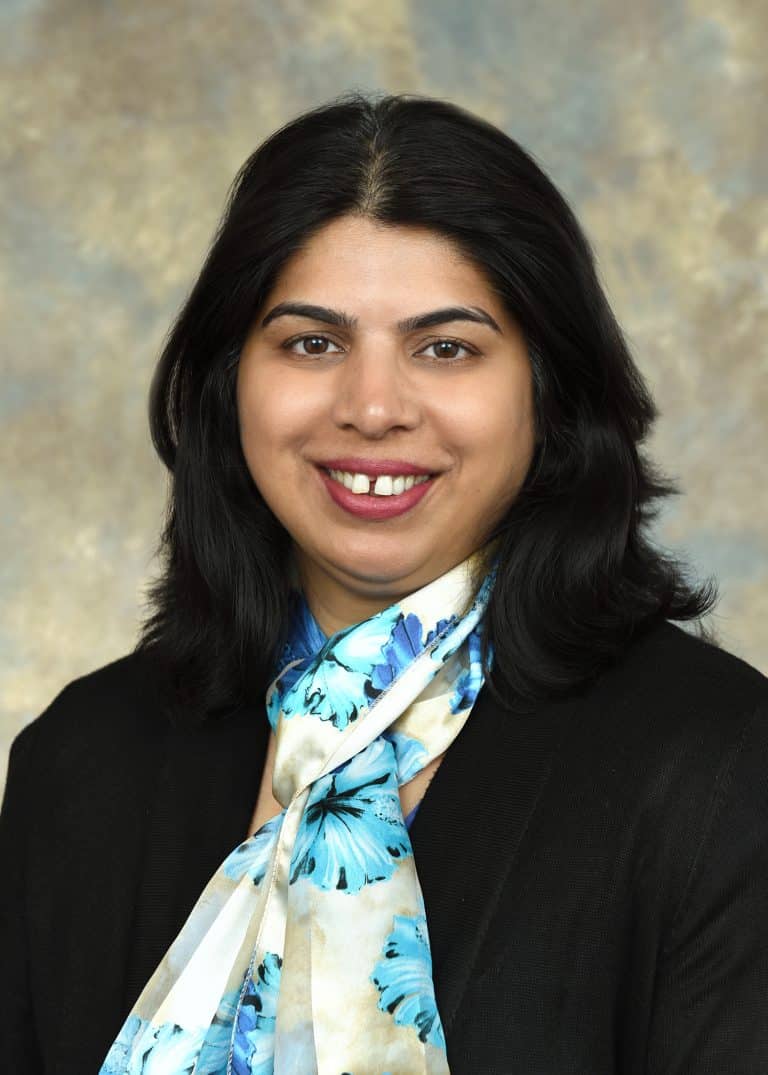
Women in Neuroradiology Leadership Award
Grant Recipient Year: 2019
(The RLI Summit) gave me tools for growing resiliency in the team for example; modelling good coping skills, praising effort and not just success, pointing out small victories, creating a learning environment where failures are accepted and giving the team members opportunities to be challenged … I will forever be indebted to the ASNR for giving me this incredible opportunity.
Achala Vagal, MD, MS
University of Cincinnati Medical Center
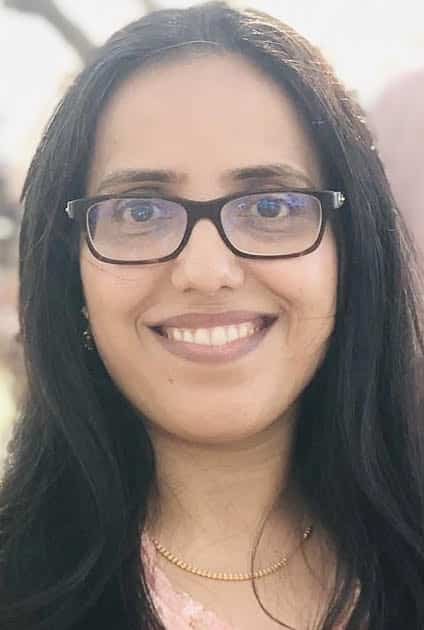
Research Scientist Award in Neuroradiology – Shruti Agarwal
Grant Recipient Year: 2019
Application of Artificial Intelligence for Presurgical Mapping of Motor Network in Dynamic Resting state MR Imaging of Patients with Focal Brain Lesions
This funding was essential to move forward in our highly novel research program in functional neuroimaging. My current research is focused on applying resting-state functional MRI (fMRI) to patients with brain tumors undergoing task-based fMRI-assisted neurosurgery for tumor removal. As generously supported by (Foundation of the) ASNR, we are developing a pipeline for real-time resting state fMRI using Artificial Intelligence methods to determine patterns of functional connectivity with reliable outcome.
Shruti Agarwal, PhD
Johns Hopkins University School of Medicine
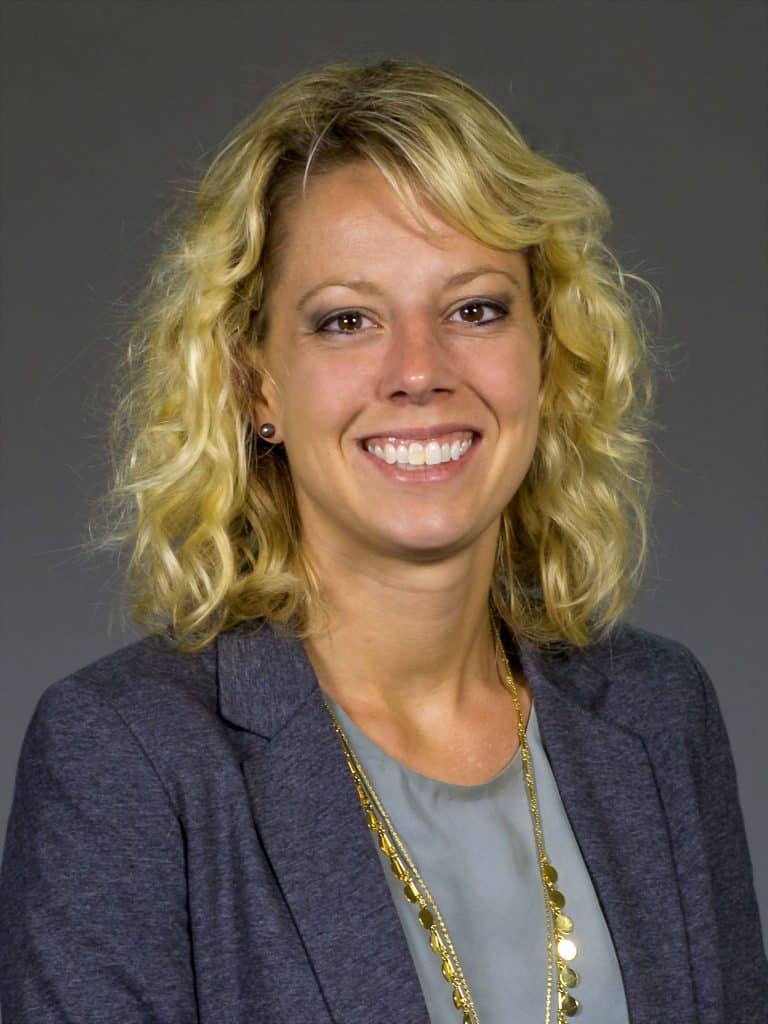
Trainee Research Award in Neuroradiology – Mikell Yuhasz
Grant Recipient Year: 2018
It has been my goal to harness and optimize the technology of our field in order to provide more clinically meaningful and relevant imaging techniques and in the process, foster closer collaboration among clinicians and radiologists. The 2018 Trainee Research Award has been invaluable to my burgeoning research interests, allowing me the opportunity to pursue an idea with protected time…I have been inspired to more fully dedicate myself to research with newfound confidence in my abilities and ideas.
Mikell Yuhasz, MD
New York University Langone Medical Center
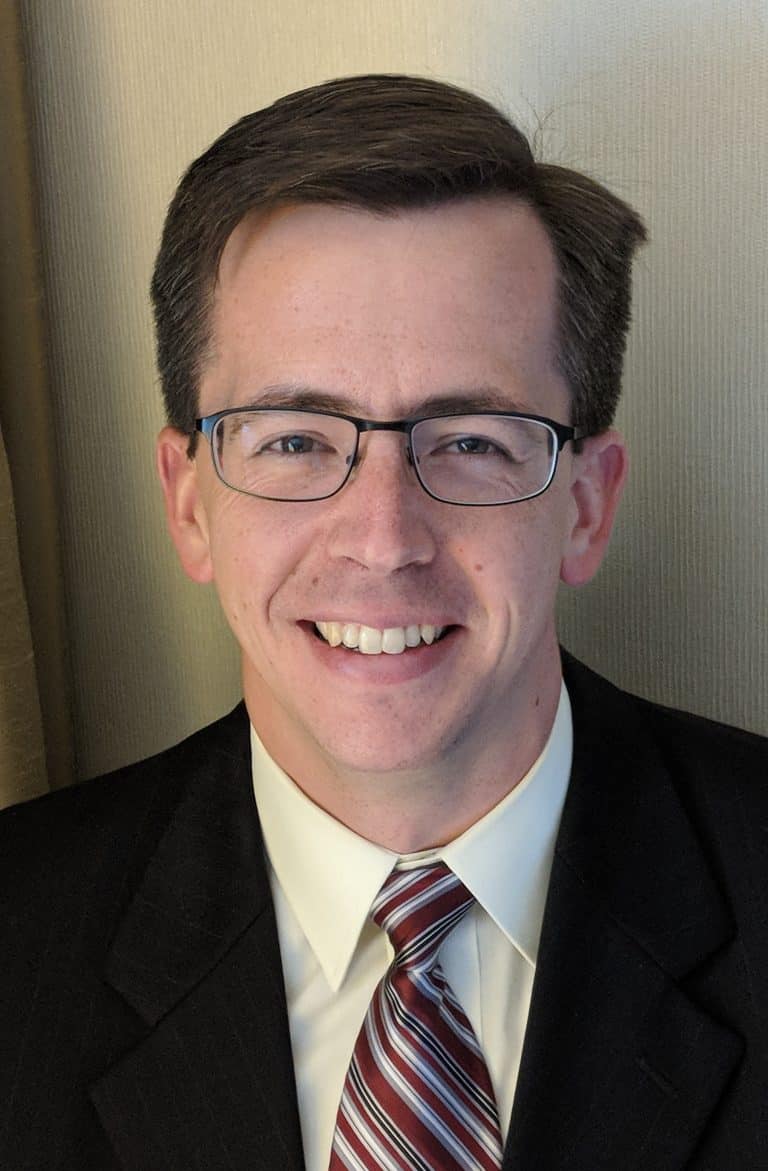
Scholar Award in Neuroradiology Research – Douglas Martin
Grant Recipient Year: 2018
The Foundation awards provide an invaluable resource for both new and established neuroradiologists to explore new ideas that will advance the science of radiology and allow us to better diagnose and treat disease. By supporting the Foundation, you foster these advances and help ensure that neuroradiology remains dynamic and innovative in the years to come.
Douglas Martin, MD
Stanford University, Noninvasive Neuromodulation in a Rat Model of Depression
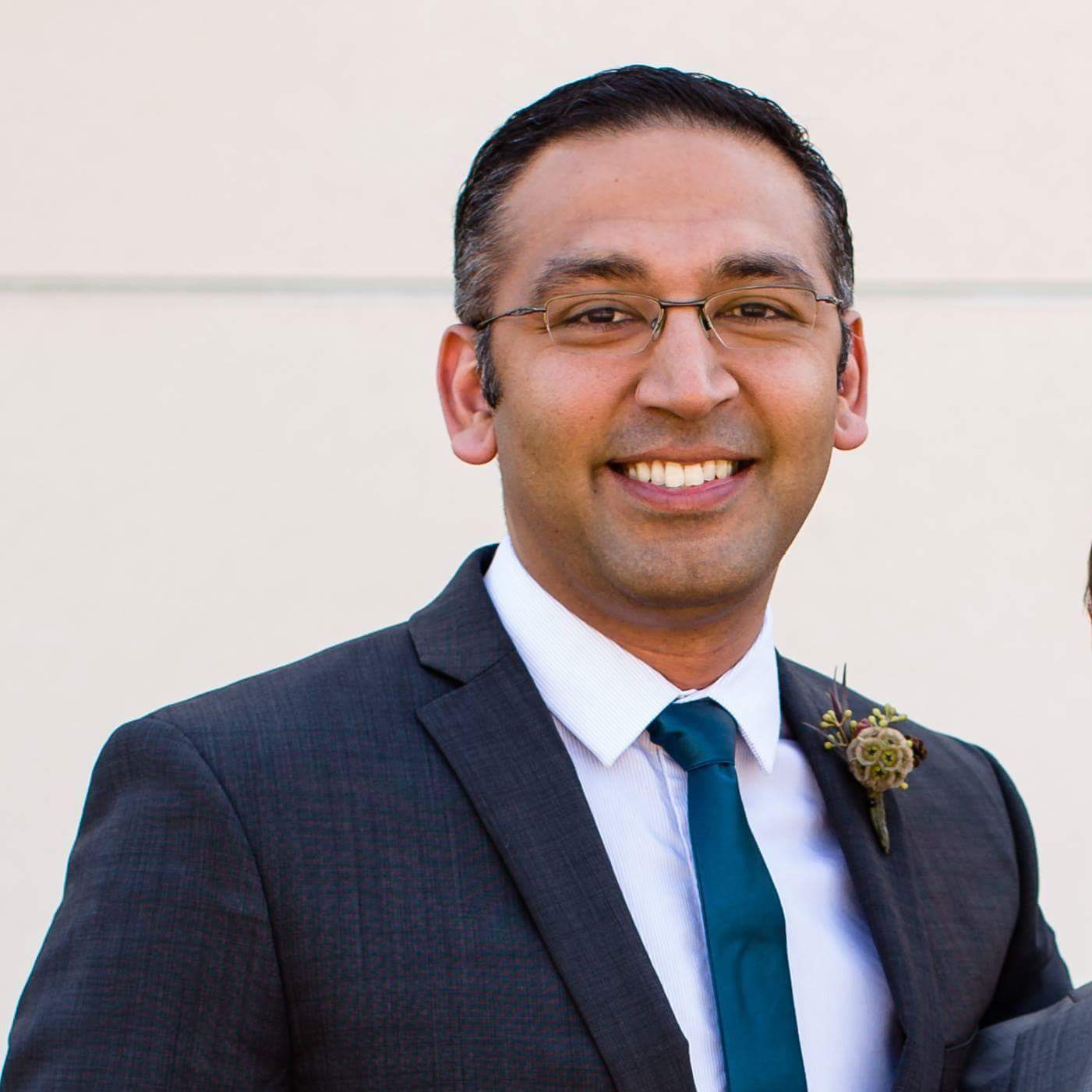
Comparative Effectiveness Research Award -Akash Kansagra
Grant Recipient Year: 2018
Science of Systems of Care: Simulating Care Delivery and Patient-Centered Health Outcomes in Acute Ischemic Stroke
Recent clinical trials have proven the profound efficacy of interventional neuroradiology techniques… many questions remain about how to optimize countless variations in the delivery of this care. The grant I received from the (Foundation of the) ASNR is allowing me to study these questions using numerical simulations of stroke care in hundreds of thousands of patients. The findings of my work will help to address questions of how best to deliver this critical care while avoiding the time and expense of additional clinical trials.
Akash Kansagra, MD, MS
Washington University School of Medicine and Barnes-Jewish Hospital
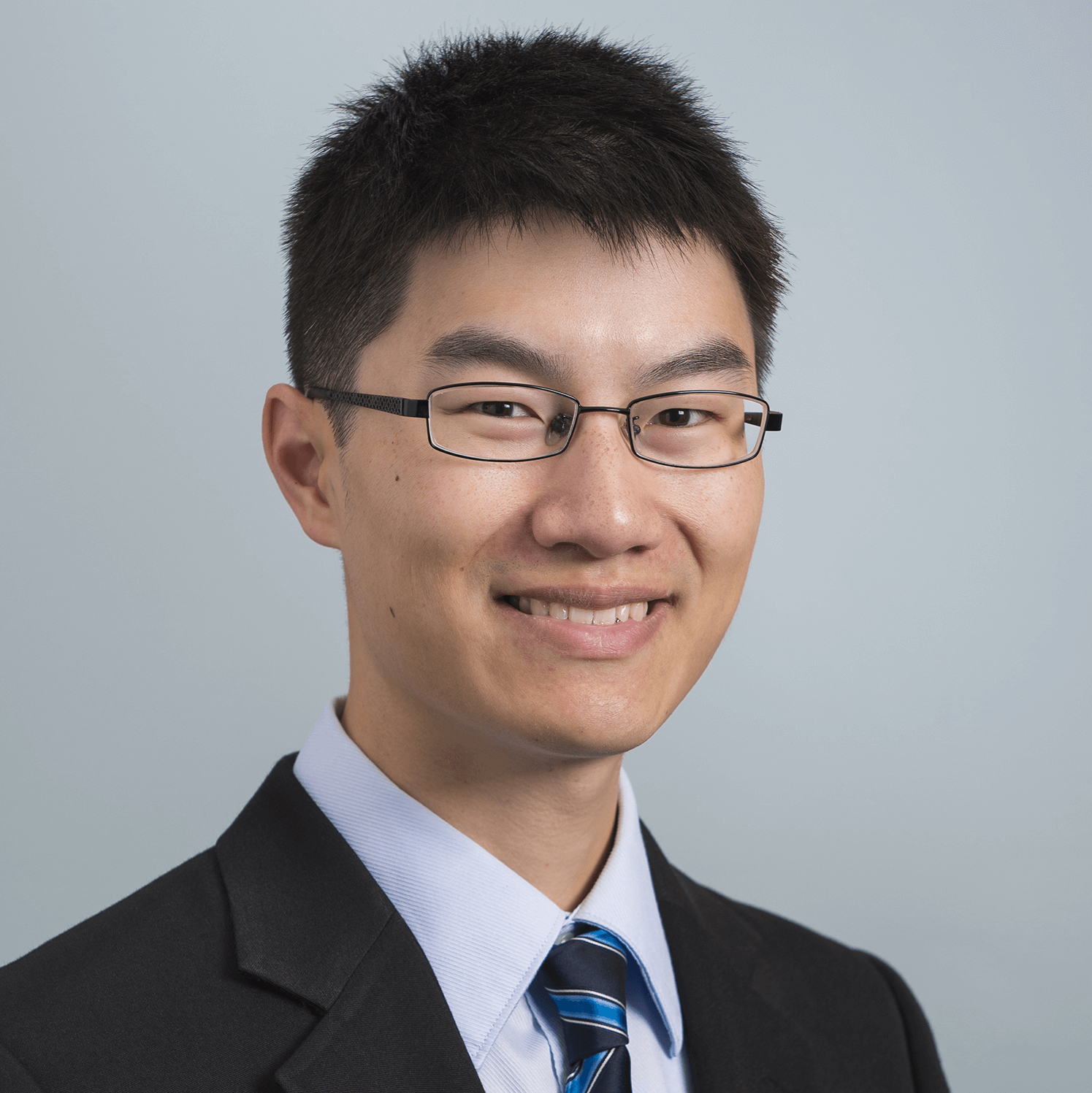
Research Scientist Award in Neuroradiology – Kevin Chen
Grant Recipient Year: 2018
I am grateful to the FASNR for this award…to pursue this impactful project and an opportunity to contribute to the extremely fast-moving field of artificial intelligence-aided neuroimaging. With generous support from the FASNR, the award will help me lay the foundation as I establish myself as an independent researcher, bridging the fields of engineering and neuroimaging.
Kevin Chen, PhD
Stanford University